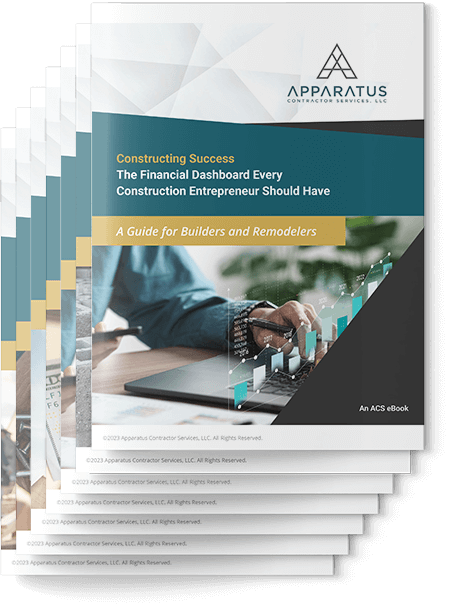Individuals working in the construction industry enjoy lots of perks. However, one of the perks that is often overlooked or under-utilized is the tax deductions that construction workers and construction contractors have available to them. The typical nine-to-five employee has few deductions available, whereas construction workers can deduct everything from hard hats and gloves to miles driven to and from the job site.
These deductions can make April 15th a lot less painful.
Below are common tax deductions that construction contractors and construction workers should be taking advantage of to pay the least possible amount of tax the law allows.
Work Gear
Your work boots, your coveralls, your hard hat, your gloves, and even your jeans which need to be replaced every couple of months are tax-deductible. All safety equipment and clothing and gear that you use exclusively for construction work is an allowable deductible expense so long as you did not receive a reimbursement from your employer.

Tools and Equipment
Equipment and tools are expensive and not getting cheaper. The IRS allows you to deduct the cost of most of the tools that you use on the job. The purchase cost of the item, whether new or used, is the cost basis. Some tools and associated tool expenses are deducted in the year purchased at full cost. Other more costly and durable tools and equipment are considered as business assets and are deducted an amount each year over the expected lifespan of the tool or piece of equipment.
Items construction workers can fully deduct in the year purchased include:
- Small tools such as hammers, drills, saws, wrenches
- Work vehicle and trailer expenses
- Repair and maintenance work on tools and equipment
- Vehicle signs, business cards, advertising, and marketing expenses
- Supplies and materials
Items that are expected to be serviceable for more than one year and are deducted a pro-rated amount over the expected lifespan include:
- Scaffolding
- Cement mixers
- Compressors
- Ladders
- Vehicles
- Trailers
- Heavy machinery
- Real estate and buildings for parking and equipment and tool storage
- Shop buildings
- Insurance for vehicles, trailers, and equipment
Fees
It can be expensive to learn a skilled construction trade and expensive to maintain that job. Fees and costs that keep you working and that are tax-deductible include:
- Trade school tuition and expenses
- Licensing fees, renewals, and union dues
- Liability insurance and bonds
- Memberships to construction and trade organizations
- Trade journals and educational trade books, courses, and workshops
Mileage and Travel Costs
Driving from your home to the worksite and to purchase materials and tools may well be your biggest deduction. You should be logging every mile you travel by date and what the trip was for. Add the customer or project name as needed. You can use a mobile app to keep up with your miles or a simple calendar book sitting in the cupholder.
There are two IRS-approved methods for determining the cost of using your vehicle for business purposes: actual expenses or standard mileage. Don’t forget to include the following expenses for use of your vehicle and trailers:
- Lease payments
- Insurance
- Registration
- Fuel
- Maintenance and Repairs
Hotel costs, meals, tolls, parking, and other travel costs are also deductible, so long as they are not reimbursed by your employer.
It may be advantageous to calculate your expenses both ways to determine which provides the larger deduction.

Track Your Deductions
Bookkeepers track income and expenses and categorize that income and those expenses according to IRS tax guidelines and rules. Not every construction worker needs a personal bookkeeper, but every construction worker needs to record and categorize their earnings and associated work-related expenses. Asking for receipts and keeping them, keeping up with credit card statements, and keeping check stubs are essential tasks for receiving the maximum tax deductions and paying the least amount in taxes to the various taxing authorities.
No Rendering of Advice
The information contained within this blog post is provided for informational purposes only and is not intended to substitute for tax advice from a Certified Public Accountant or tax professional.
Presentation of this information via the Internet is not intended to create, and receipt does not constitute an accountant-client relationship. Internet subscribers, users, and online readers are advised not to act upon this information without seeking the service of a Certified Public Accountant.
Any U.S. federal tax advice contained in this website is not intended to be used to avoid paying legally obligated taxes and related penalties under U.S. federal tax law.









